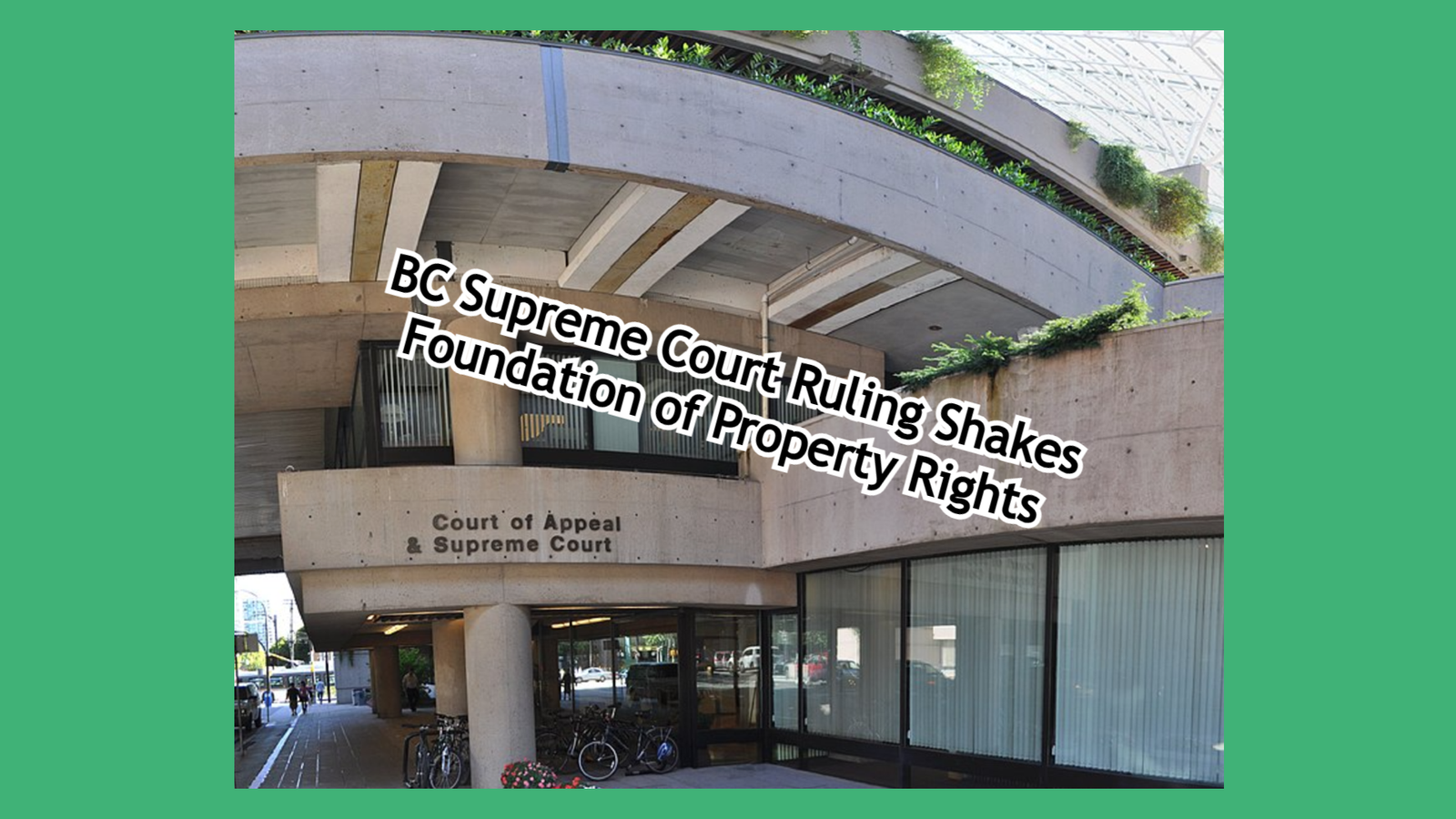B.C. Supreme Court Ruling on Cowichan Title Sparks Debate Over Property Rights
The B.C. Supreme Court’s recent Cowichan decision has ignited widespread concern over private property rights, marking the first time in Canadian history that Aboriginal title has been declared over fee simple land—property previously thought to be privately owned without dispute. The ruling affects both public and private holdings in the City of Richmond.
What the Court Decided
The court recognized Aboriginal title over roughly 7.5 square kilometres of land in Richmond, an unprecedented legal development in Canada. Certain Crown and municipal land grants were deemed defective, meaning they were not legally valid and could not supersede Aboriginal title.
Impact on Homeowners and Businesses
The affected area includes multimillion-dollar homes, farms, industrial properties, and golf courses. Residents reportedly received no direct notice before the ruling, leading to confusion and frustration. A collective property tax appeal has been launched, arguing that the uncertainty surrounding title has reduced property values and resale potential.
Government and Legal Response
The provincial government intends to seek a stay of implementation while the case is reviewed by the B.C. Court of Appeal. Richmond’s legal counsel has urged residents to press the province to lift restrictions that limited its lawyers’ ability to oppose the Aboriginal title claim. The Cowichan Tribes emphasized that the ruling does not invalidate private property ownership and criticized political commentary suggesting otherwise.
Broader Context and Concerns
Critics contend that B.C.’s adoption of the United Nations Declaration on the Rights of Indigenous Peoples (UNDRIP) and its provincial counterpart, the Declaration on the Rights of Indigenous Peoples Act (DRIPA), may have influenced the court’s reasoning. The case sets a new precedent for Aboriginal title recognition in urban areas and could have implications across the province. The decision has fueled broader public debate about the security of property rights in regions where Indigenous land claims remain unresolved.
What’s Next
The B.C. Court of Appeal is expected to hear the case within the next 18 months, during which implementation of the ruling remains suspended. The Cowichan Tribes may pursue an expansion of their recognized title area. The case could prompt the province to review its land title systems, reconciliation framework, and procedures for notifying affected landowners.










